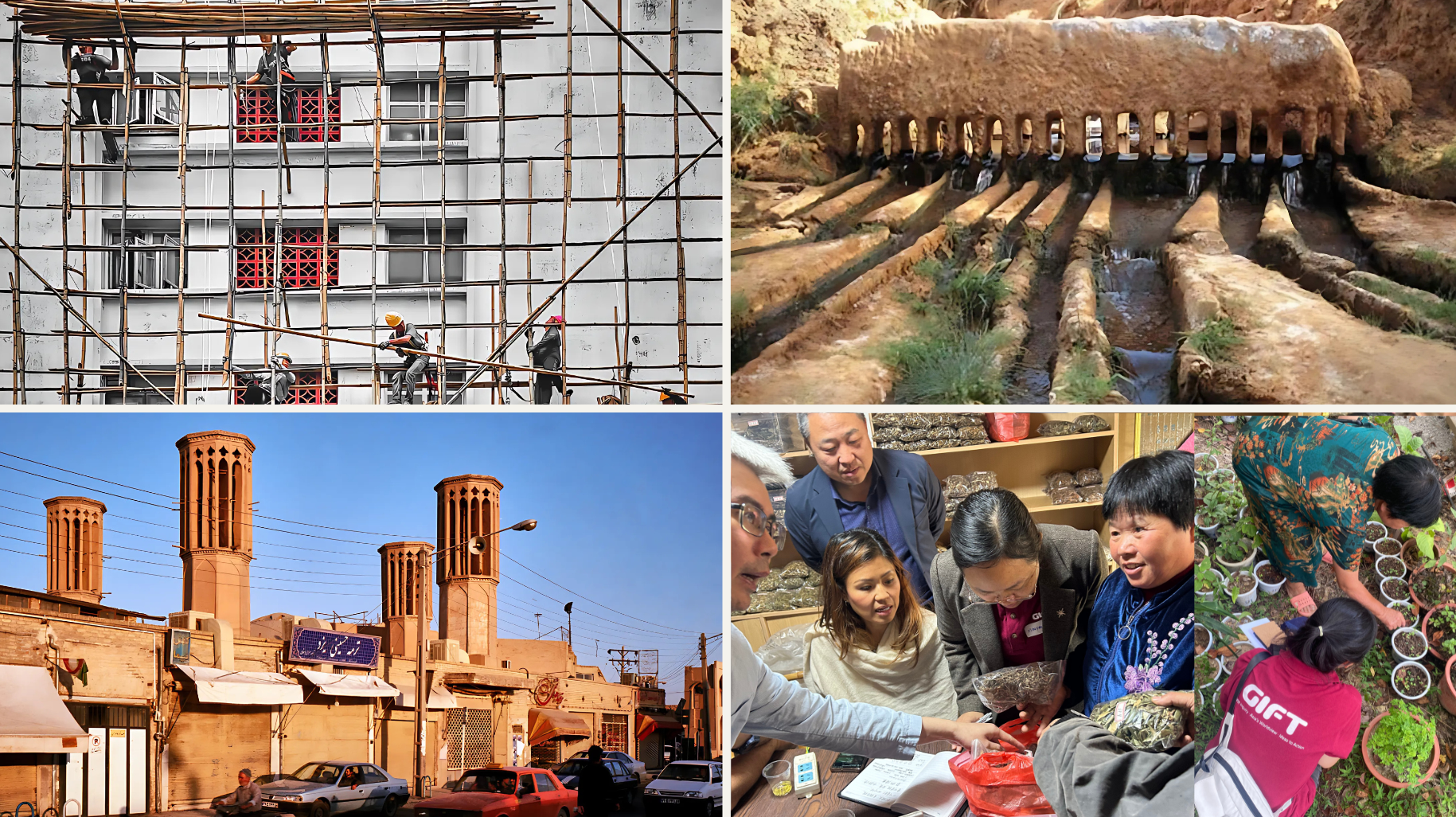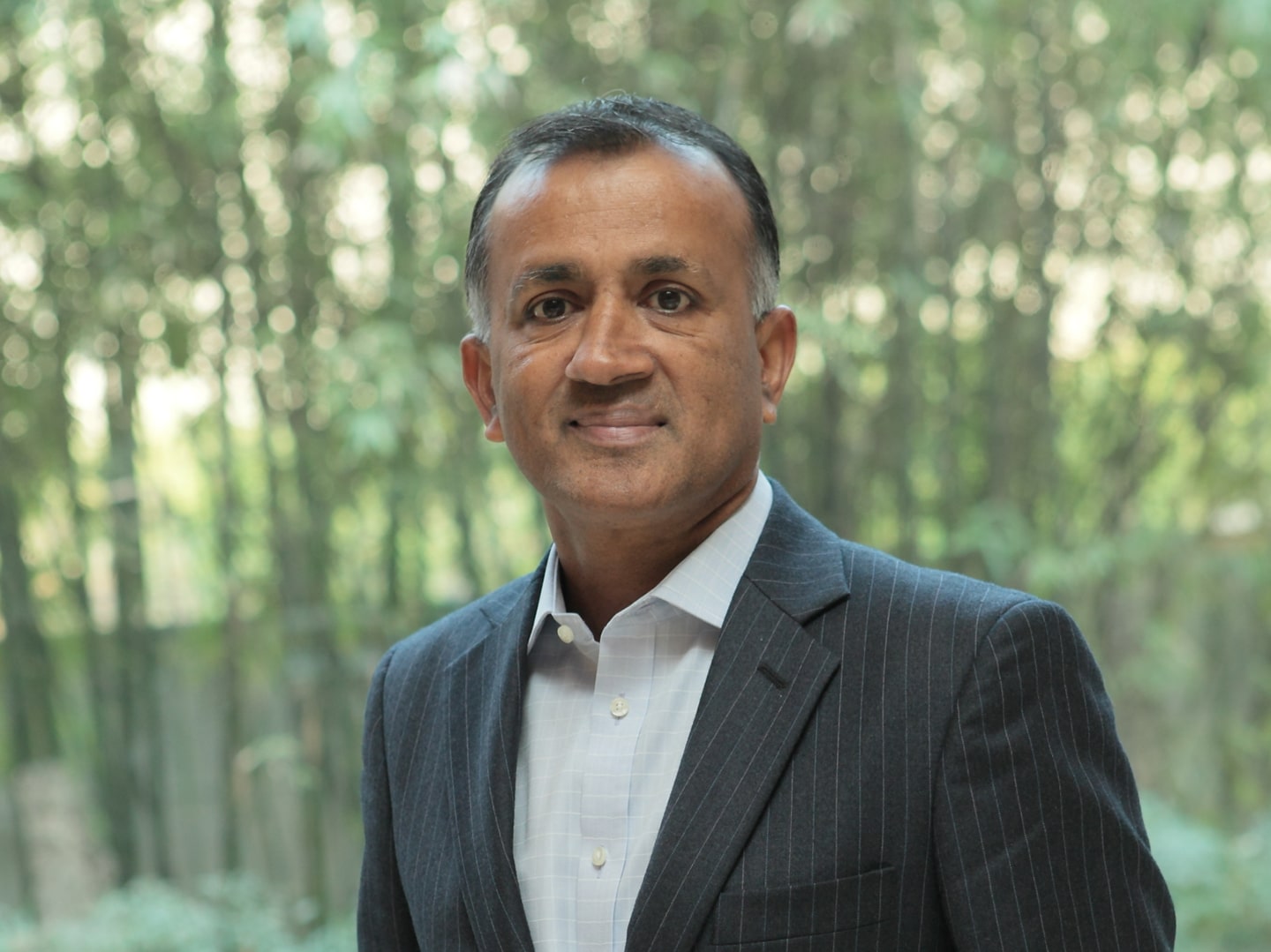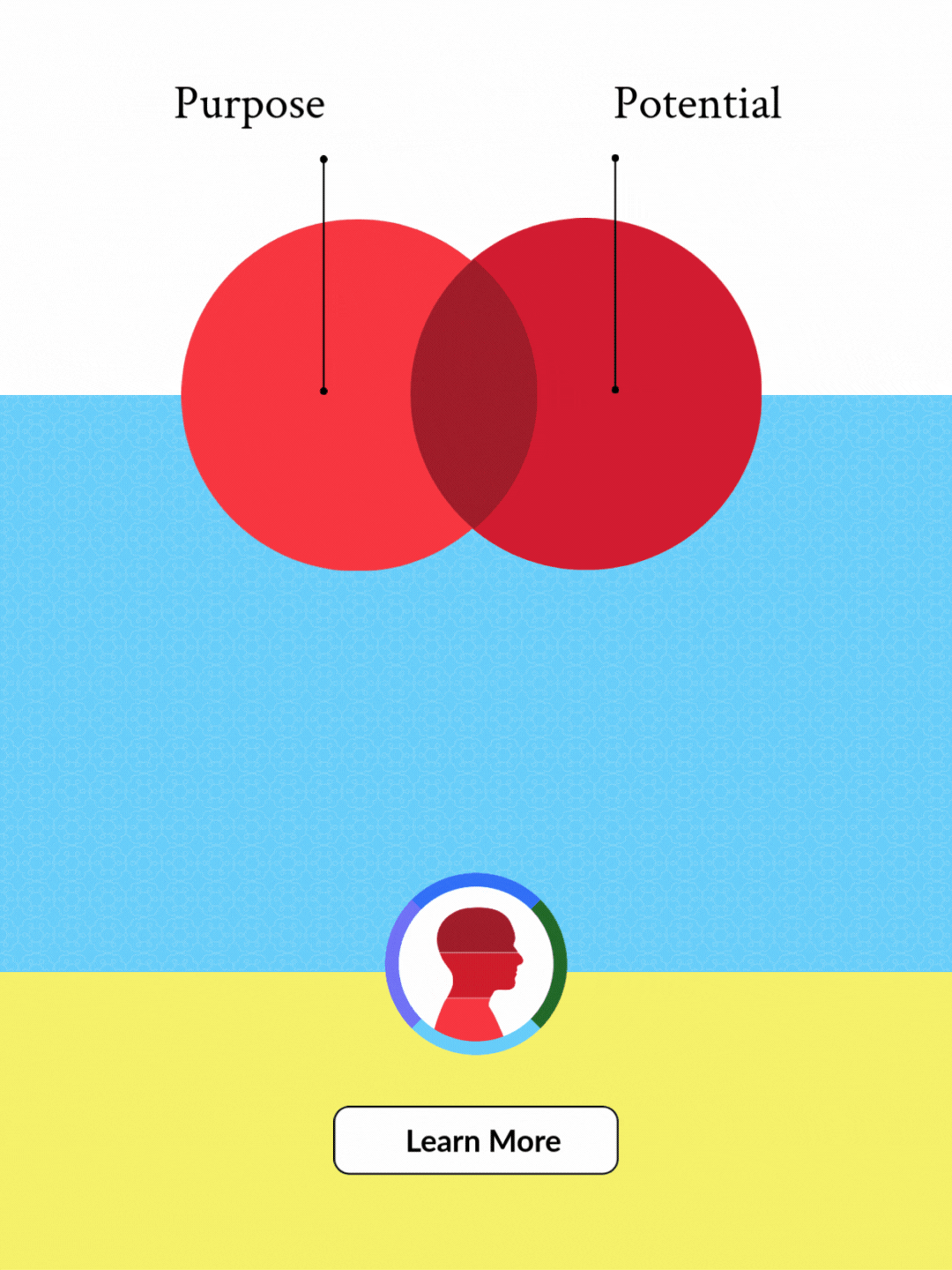A story in a Hong Kong newspaper about the disappearing bamboo scaffolding in this ultra-urban and modern city got me thinking about all sorts of technology and their purpose. Is our world progressing or regressing as we blindly adopt the new and abandon the old?
For millennia, societies developed ingenious ways to survive and thrive in vastly different climates and conditions—some harsher than others. These age-old practices, which sustained civilisations for generations, were swept aside as our warped sense of modernity took hold, favouring industrialised alternatives driven by our obsession with productivity, provision of convenience and other indulgences.
The assumption has often been naively made that all modern technologies are better. But are they? We are already finding out the truth about the digital world we are building but here again the denial is widespread and powerful vested economic interests have the means to perpetuate even what is not good for society.
This mindset—rooted in a worldview shaped during the Industrial Revolution, when technology captivated the minds of elites especially in the West—took hold during the colonial era and was later supercharged by capitalism’s relentless pursuit of endless growth, ever-increasing productivity gains, and profit maximisation. Traditional knowledge was dismissed as outdated and irrelevant.
Yet much of what we abandoned was more efficient and far more sustainable—solutions that could help address the very crises modern society has created for itself now, from water scarcity to energy shortages and even the way we cultivate land for agriculture.
The truth is that we do not need to choose between modernity and tradition. We need both. It all comes down to how we define progress.
“
- Bamboo Scaffolding: While most of the world uses steel and aluminium, Hong Kong still relies on bamboo—lighter, stronger, and far more sustainable. It grows fast, needs minimal processing, and outperforms its resource-guzzling modern counterparts. Read more
- The Persian Qanat: A 3,000-year-old underground irrigation system that transported water across arid landscapes without pumps or electricity. A self-sustaining, gravity-fed system, it was replaced by modern electric pumps that burn fossil fuels and deplete groundwater at alarming rates. Read more
- Windcatchers (Badgirs): A traditional architectural feature, particularly in hot, arid regions, which uses chimney-like structures to harness wind to circulate cool air while expelling heat, making them a brilliantly efficient alternative to energy-intensive air conditioning. Desert cities could benefit from this rather than energy-intensive, unsustainable skyscrapers. Read more
- Traditional Medicine: Ancient healing systems prioritised prevention and holistic care, but the pharmaceutical industry dismissed them in favour of commercialised, high-cost treatments. Now, with rising healthcare costs and chronic disease epidemics, traditional medicine is making a comeback—not as an alternative, but as a complement to modern healthcare. Read more
These age-old methods are a fraction of the cost of their modern replacements, but that is not the point. They were designed to work with the surroundings, with people and nature—not against them. Yet, we have traded common sense and sustainability for ill-defined short-term results.
Chandran Nair
Chandran is the Founder and CEO of the Global Institute For Tomorrow (GIFT), a pan-Asian think tank dedicated to helping organisations navigate global complexities. His work focuses on the shift of economic and political influence to Asia, the evolving role of business in society, and the transformation of global capitalism.




